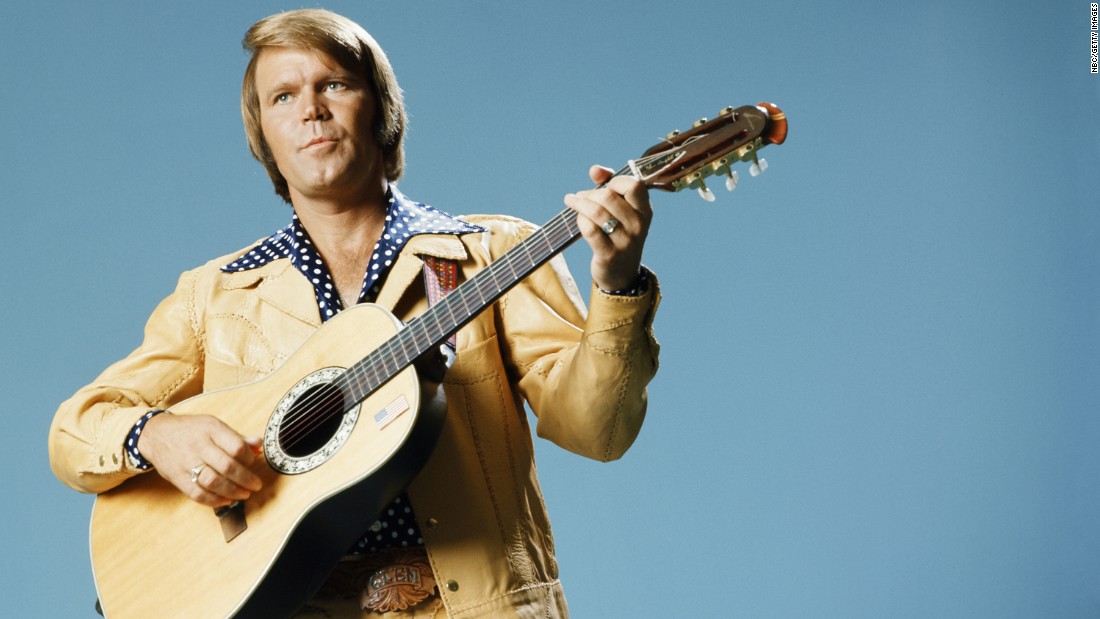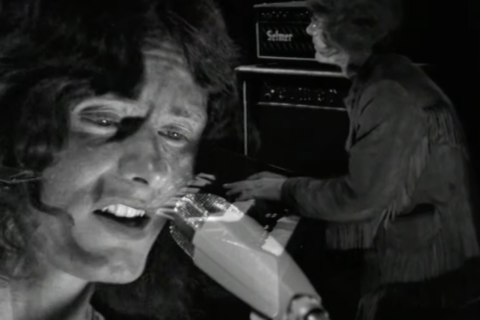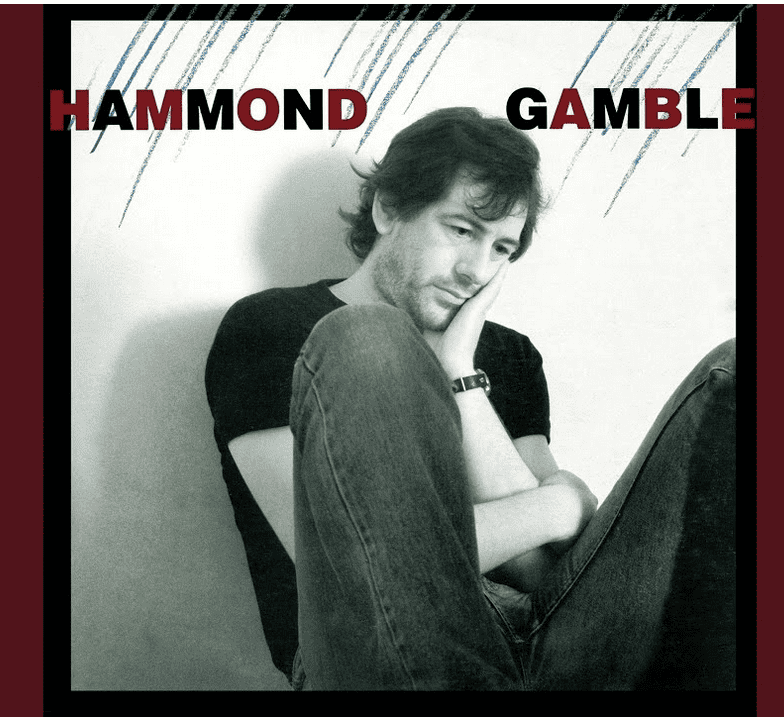A few thoughts on Glen Campbell from Witchdoctor’s music editor.
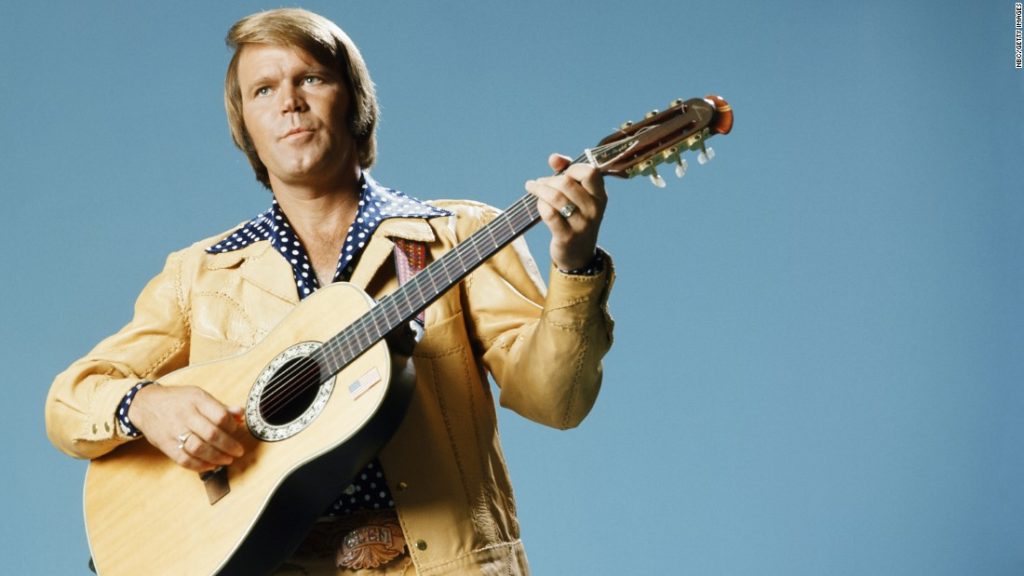 Sometimes an artist only needs one great song to etch him into your memory and make him more important than an artist with 50 sporadically great albums. Glen Campbell had more than one great song in ‘Wichita Lineman’ because he also had ‘Galveston’, and especially, ‘By The Time I Get To Phoenix’. Three interpretations of Jimmy Webb songs that would have been great had they even been sung by Nana Mouskouri; but Glen Campbell, with that aching, soaring voice, took them somewhere beyond. Then there was a small selection of almost great songs like ‘Gentle On My Mind’ and the atypical ‘Southern Nights’, and awful hogwash like ‘Rhinestone Cowboy’, which I hated as much as I loved ‘Wichita Lineman’.
Sometimes an artist only needs one great song to etch him into your memory and make him more important than an artist with 50 sporadically great albums. Glen Campbell had more than one great song in ‘Wichita Lineman’ because he also had ‘Galveston’, and especially, ‘By The Time I Get To Phoenix’. Three interpretations of Jimmy Webb songs that would have been great had they even been sung by Nana Mouskouri; but Glen Campbell, with that aching, soaring voice, took them somewhere beyond. Then there was a small selection of almost great songs like ‘Gentle On My Mind’ and the atypical ‘Southern Nights’, and awful hogwash like ‘Rhinestone Cowboy’, which I hated as much as I loved ‘Wichita Lineman’.
Glen Campbell is the kind of pop artist they just don’t make anymore. An ace session guitarist in the early ‘60s who played on many hits of the day, and spent time as Brian Wilson’s replacement in the Beach Boys, who would have suspected that he would also become one of the voices of his generation?
I could care less about the alcohol and the serial monogamy and the hoky country entertainer aspects of the Campbell character; all that matters is in those few songs that do what pop seldom does: transform a cheap and cheerful medium into great art that truly resonates, and rises above any residual cheese factor.
Back in 1968 when ‘Wichita Lineman’ was hitting the charts, the music world was in the grip of the psychedelic revolution, and few hippies would have admitted to liking the rather square-looking and sounding Campbell and his yearning suburban melodramas, and that’s understandable. When you’re dropping out and turning on to The Beatles ‘White Album’ or Hendrix’s Axis: Bold As Love you’re hardly going to be seen to appreciate the Beach Boys, let alone Glen Campbell with his almost Elvis-like like lick of blond hair and nice lad suit.
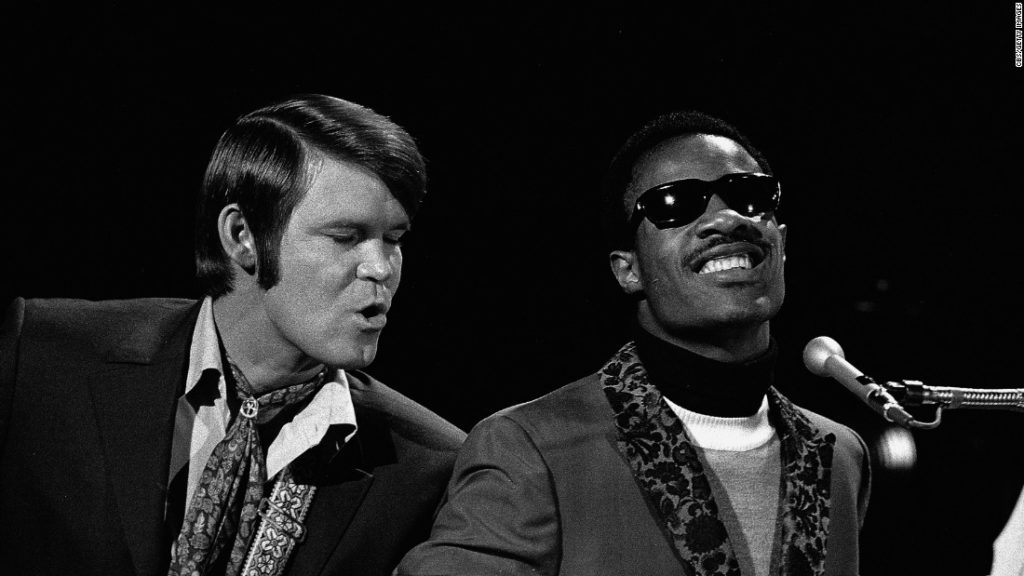 I was nine then, and just turning on to my older sister’s psychedelic rock, but ‘Wichita Lineman’ grabbed me, and over the years, never let me go. As a pre-pubescent, I was able to cultivate an admiration for both chart pop and raging rock, Roy Orbison AND The Who, the Mamas & the Papas AND Janis Joplin. It’s a duality that’s served me well over the years. But the fact that Campbell’s 1968 hit spoke to me at all as a boy who had no real understanding of its lyric content says something about the superb construction of the song, and his performance of it; and that it would remain in my head henceforth and become the de facto shower song (the one that just pops up when you’re abluting and you don’t even realise you’re hoarsely blurting it out until the wife pops her head in the door and tells you to zip it).
I was nine then, and just turning on to my older sister’s psychedelic rock, but ‘Wichita Lineman’ grabbed me, and over the years, never let me go. As a pre-pubescent, I was able to cultivate an admiration for both chart pop and raging rock, Roy Orbison AND The Who, the Mamas & the Papas AND Janis Joplin. It’s a duality that’s served me well over the years. But the fact that Campbell’s 1968 hit spoke to me at all as a boy who had no real understanding of its lyric content says something about the superb construction of the song, and his performance of it; and that it would remain in my head henceforth and become the de facto shower song (the one that just pops up when you’re abluting and you don’t even realise you’re hoarsely blurting it out until the wife pops her head in the door and tells you to zip it).
I’m sure whole essays have been written about ‘Wichita Lineman’ (if not books), because there’s so much that’s great about it, including: It’s that rarity, a story-song that actually works, it’s got a horribly creamy orchestral arrangement that somehow works despite itself, and it’s really crafted; not in a nerdy way where the ardent fan has to unlock it like a puzzle, but in a way that makes it a song with a naturally slow reveal. And that killer line: “And I need you more than want you, and I want you for all time.” Boo-hoo! Of course, it’s hopelessly utopian and naïve but also incredibly romantic. “For all time”!
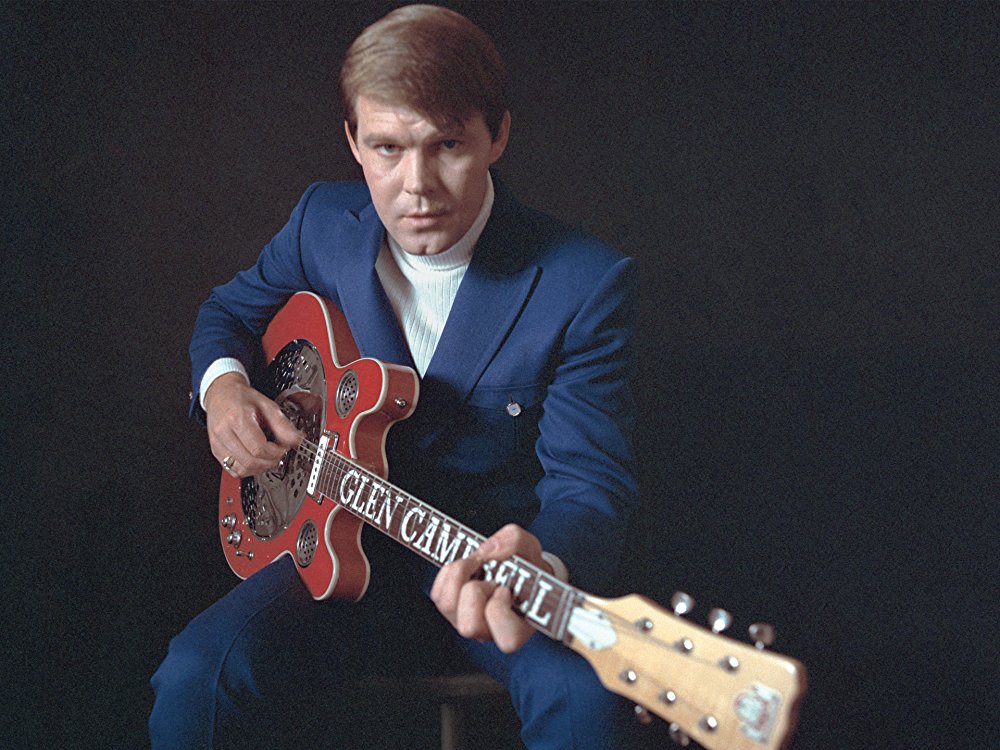 Campbell’s early hits can also be seen as a template for a whole new genre of suburban angst songs that appealed to a demographic that wasn’t represented at all well by seething, hip metropolises like New York, and Webb’s work must have been a central inspiration to the likes of early ‘70s melancholy balladeers like The Carpenters and David Gates’ Bread. It’s a style of song that can’t exactly be called representative of the mythical heartland, but perfectly matched the slightly repressed emotions of young men and women embarking on a typical suburban life; a middle class American dream scenario that is seldom seen as ‘authentic’ by those taking different roads, but one in which resided the same desires and fears.
Campbell’s early hits can also be seen as a template for a whole new genre of suburban angst songs that appealed to a demographic that wasn’t represented at all well by seething, hip metropolises like New York, and Webb’s work must have been a central inspiration to the likes of early ‘70s melancholy balladeers like The Carpenters and David Gates’ Bread. It’s a style of song that can’t exactly be called representative of the mythical heartland, but perfectly matched the slightly repressed emotions of young men and women embarking on a typical suburban life; a middle class American dream scenario that is seldom seen as ‘authentic’ by those taking different roads, but one in which resided the same desires and fears.
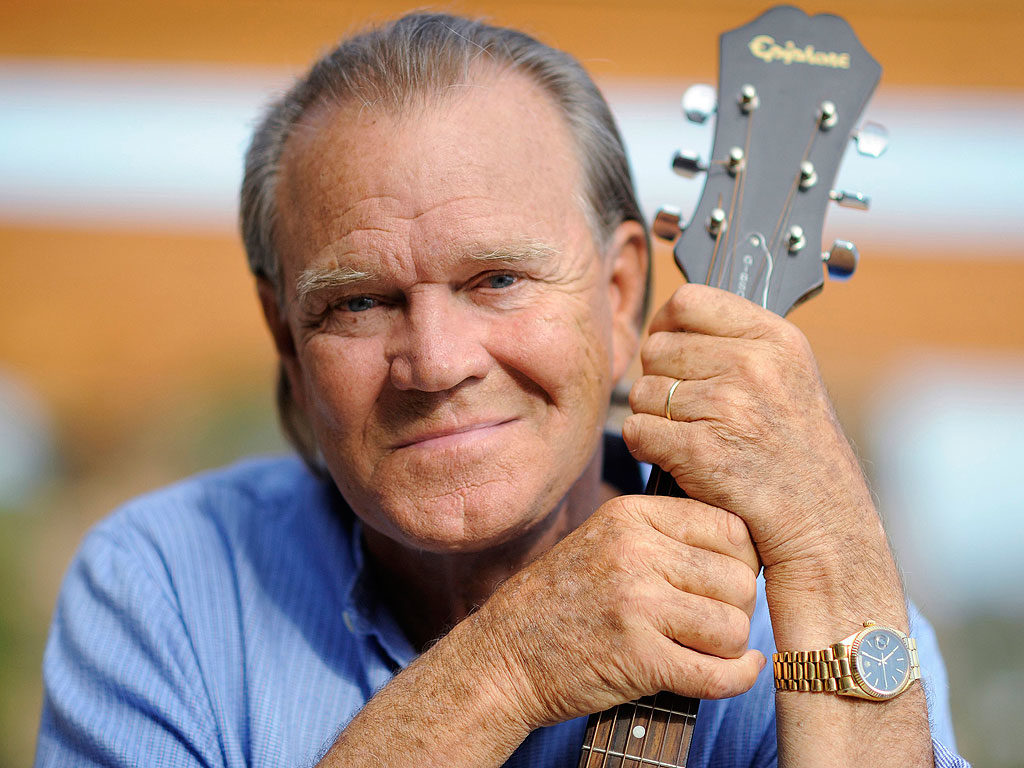 But back to Glen Campbell. Loved your guitar picking skills, loved your singing, and when you got a good song to wrap that voice around, you did something that few others ever do with song. I’m glad your suffering is over.
But back to Glen Campbell. Loved your guitar picking skills, loved your singing, and when you got a good song to wrap that voice around, you did something that few others ever do with song. I’m glad your suffering is over.
* Glen Campbell: 1936 – 2017

